I Am A Woman And I Bleed. Make Your Peace With It.
May 05, 2019 • 23 views
The memory of a marathon runner crossing the finish line of the London Marathon with raised hands and blood on her pants is still etched in the minds of people. That was in 2015 and the runner was Kiran Gandhi. She realized she got her period when she was on the starting line and it was too late.

It was in the same year that Rupi Kaur made Instagram, one of the most popular photo sharing websites, accept that periods are not inappropriate after it took down, twice, her picture of a fully clothed woman lying in bed with a blood stain.
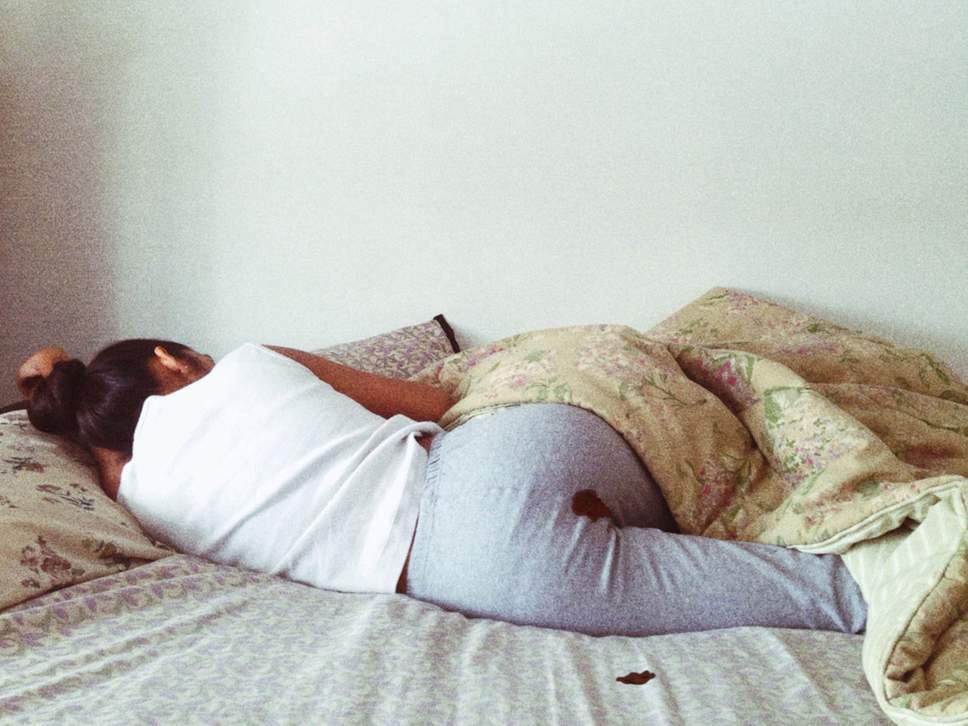
Both of these instances took the world with storm. The taboo which are periods, were, maybe, for the first time the focus of conversation at such a large scale. There was support as well as criticism. But the important thing is it got people talking.
Period or menstruation is the monthly flow of blood and tissue from a woman's uterus which comes out of her vagina. A pretty normal bodily function. And yet it is something which is not talked about freely in the open.
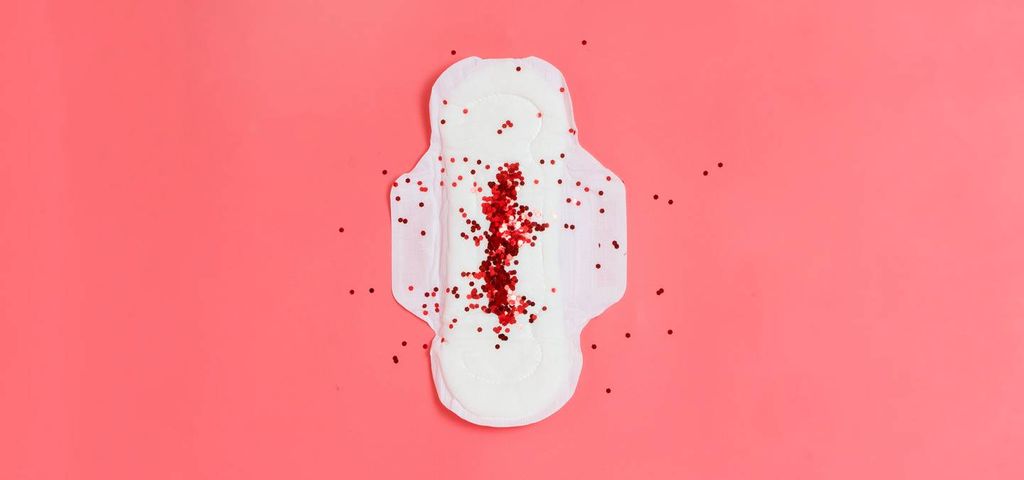
Periods are still a taboo in both urban as well as rural areas across the world. And I know exactly when I learned to be ashamed.
My first introduction with periods was when girls from my class were taken to the AV room to be taught the A to Z of menstruation. The hush-hush which followed this Periods 101 presentation it clear to me that this blood and the time when it comes knocking should be kept in secrecy.
I was 10 and I learned that periods are a well guarded secret which our mothers have been keeping for years and their mothers before them. We, being their daughters, too shall take this secret to our grave.
Flash forward to two years later when I got my first period. The blood stain on my bedsheet one morning meant it was now time to start the monthly pilgrimage to the chemist.
Chemists are usually the best at diagnosing an illness after WebMD. However, that day I didn’t need a diagnosis, just some pads. As soon as I mentioned what I wanted, he knew exactly what he had to do. And thus began the process—the process of shame.
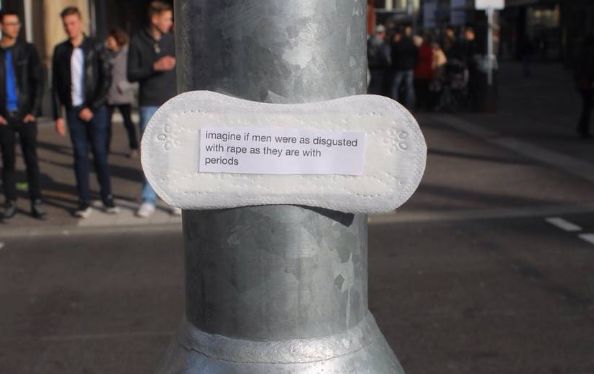
He quietly went to the back of his shop, pulled out the packet from a cabinet which was away from the people's view, wrapped it in a newspaper and then wrapped it some more to hand it to me in a black polythene. He made sure that there was no eye contact in this transaction. Because clearly I was not worthy of it.
It was then I learned those periods, a painful yet a normal experience for me is something that I should be ashamed of. The chemist definitely was ashamed enough for the both of us.
This is not just my story. Girls across the globe share solidarity when it comes to carry this burden of shame.
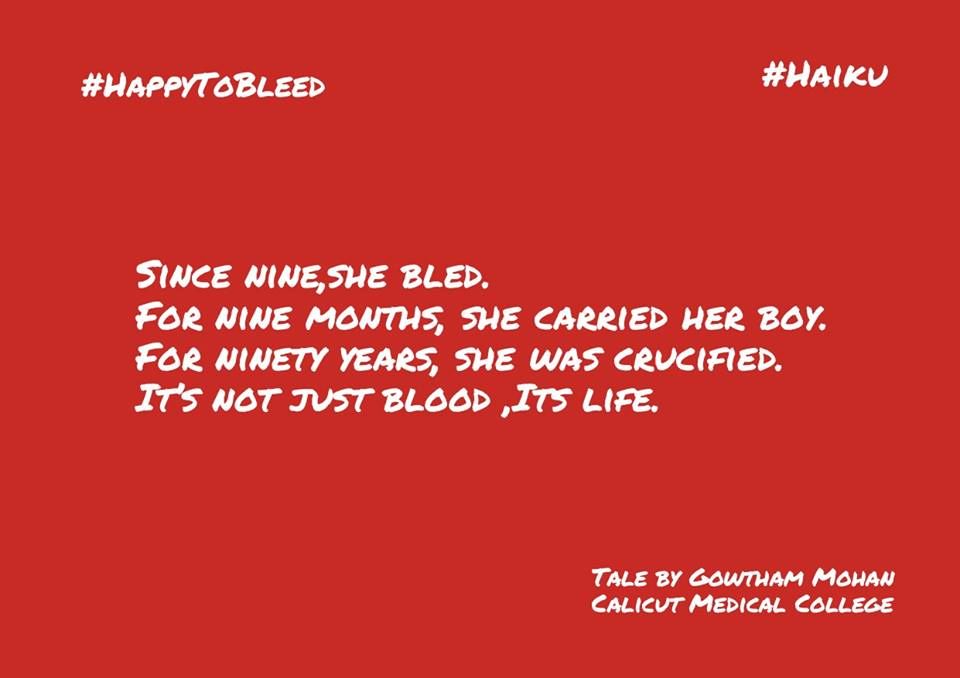
Women are ostracized because of menstruation. In some cultures, they are banished to live outside the community while they are menstruating. And young girls while being banished are susceptible to diseases, rape and in extreme cases even death.
They are also prohibited from doing many daily activities like going to temples, touching utensils or pickles, amongst others during their impure days. In India, they are not allowed to enter the kitchen.
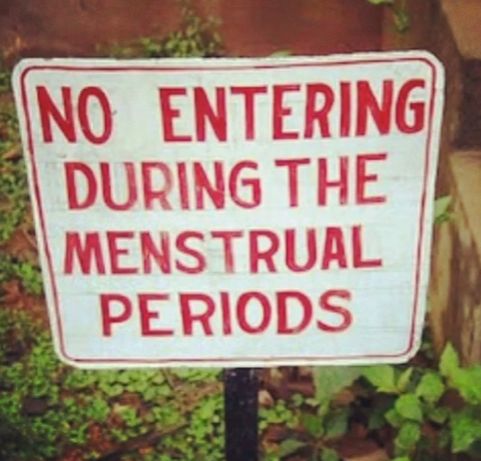
According to a study conducted in 2015, about 30% girls drop out of schools when they hit puberty and 23% girls skip school because of the absence of proper toilets.
200 million women out of 355 million women live in dark about good menstrual hygiene practices. More than 40% women in the age group of 15-24 years have zero to very limited access to sanitary products. Even if sanitary pads are available, they are still expensive for some.
This data speaks for the world. The figures back home in India are equally horrifying, if not more.
A considerable number of women still use potentially harmful things such as cloth, newspaper, rags, ash, wood shavings etc. to catch the period blood. And what hope can these women possibly have when their own nation's government labels their necessity as a luxury item.
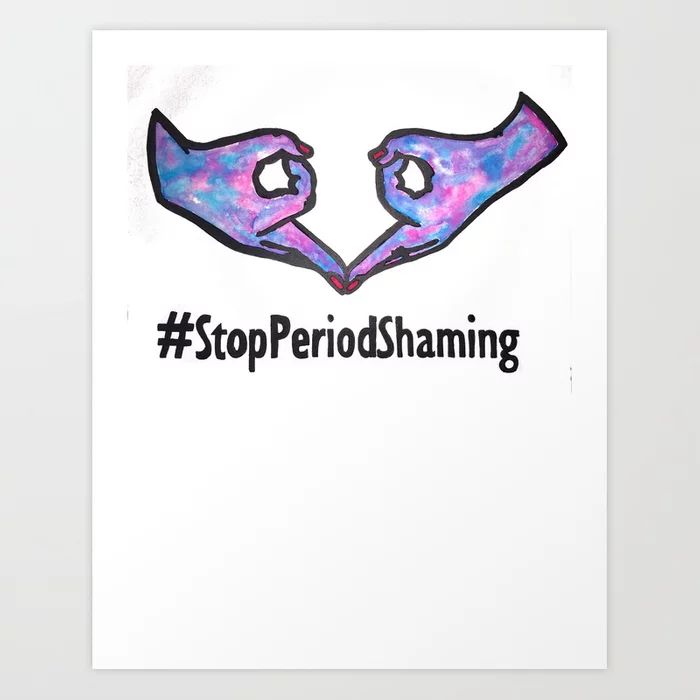
I am 24 now and I want to ask why?
What is it about blood from my vagina that makes me so “unclean and impure”? Is it really the blood which is a deal breaker or the fact that it is coming out of a woman?
How can the society's disgust at the mere fact that women bleed be more important than their education?
Why the basic necessities of women are not even considered a necessity?
Why can't women just bleed in peace and comfort? What becomes so important to make it otherwise?
